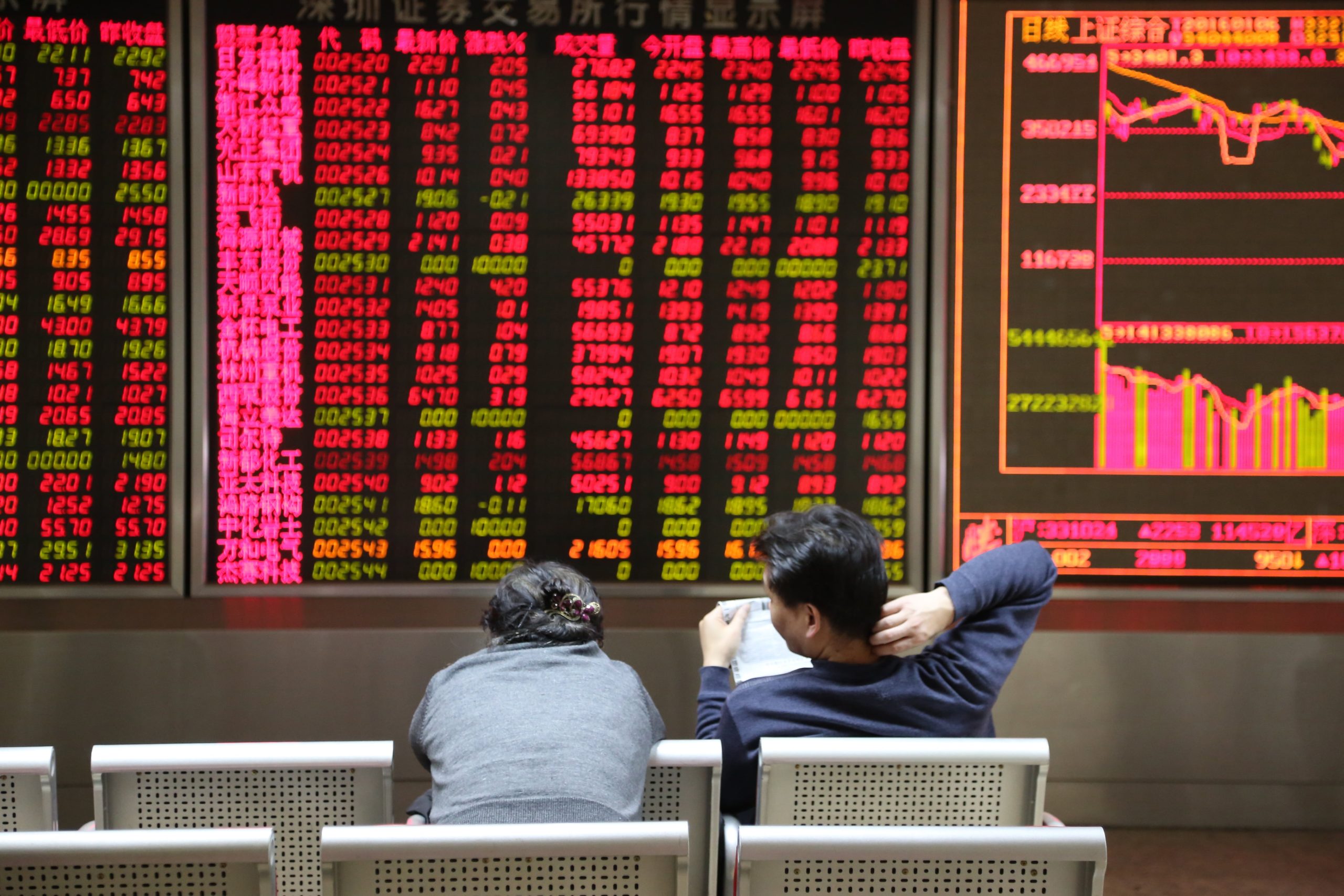Asian stocks fell on Monday. Concerns about the Chinese property market and global inflation caused by Evergrande, despite positive news about new medicines to combat the coronavirus.
Despite speeches aimed at reassuring financial markets that fear contagion, Evergrande is still not out of the woods. As the company is close to default, crippled by a debt of 260 billion euros, the Chinese property giant suspended its listing on the Hong Kong stock exchange on Monday, without giving any real reasons.
At the same time, the group, whose interests affect millions of Chinese, will sell 51% of one of its subsidiaries to Hopson Development, a Chinese real estate company, for more than 5 billion dollars, the local press reported Monday. A sale that would cover only 1.7% of the company’s total debt could explain the suspension of the listing.
As the countdown to bankruptcy is underway, the developer must urgently find new capital. A fortnight ago, it had already started to repay part of its debt, which was too small in relation to its creditors.
Despite optimism over the announcement of new medicines to combat the Covid-19, inflation is also at the heart of Asian stock market concerns. Indeed, US data released on Friday showed an increase in consumer spending and an acceleration in factory activity, but high inflation is also visible in the Eurozone, where inflation has peaked and seems likely to rise even higher.
Investors are concerned that global inflation could persist for longer than expected, given the continued rise in commodity prices and the ongoing disruption of energy supplies in many parts of the world. Persistent high inflation could have adverse effects on the economy.











